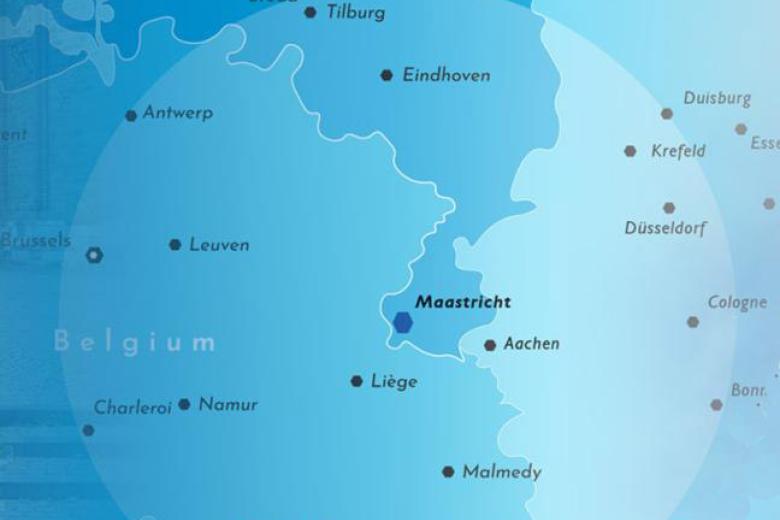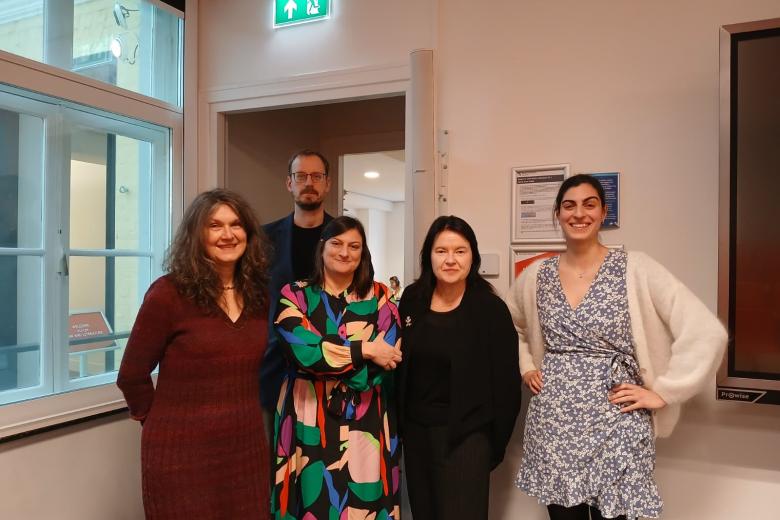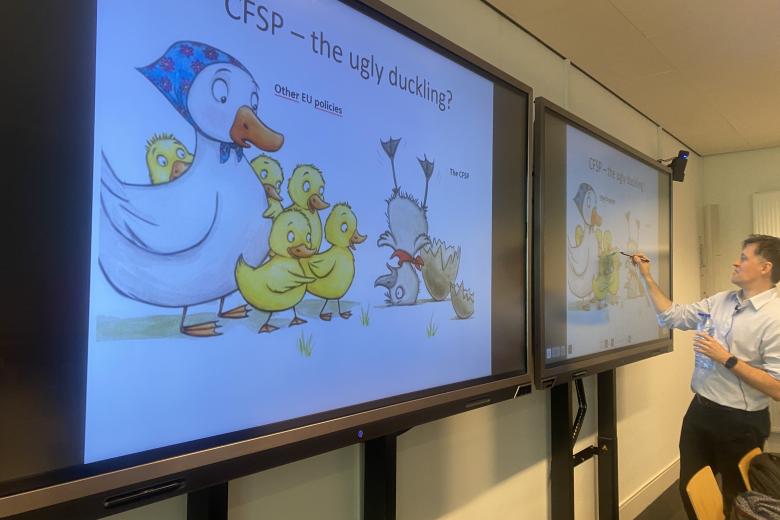MIPEX Country Report released for the Netherlands
Dutch integration policy has become more restrictive in recent years. That is the conclusion that may be drawn from the newest edition of the Migrant Integration Policy Index which compares integration policy in 38 countries. The Netherlands drops to the 11th place overall, down from the 5th (2010) and 4th (2007) place in the previous editions.
When compared to 2010, the Netherlands scores particularly badly in the policy areas of labour market mobility and political participation, as the result of a series of measures restricting labour market access and eliminating structural consultation of migrant groups in policy formulation. In addition, reduced public support for integration- and language courses has also hampered overall participation in society. To a lesser extent migrants also suffer from a more restrictive policy as regards family reunification and access to education.
Sweden, as in previous editions, takes the first place. Of the EU countries, Latvia scores worst overall (37th).
Using 168 policy indicators divided over 8 policy strands (ranging from labour market mobility to provisions non-discrimination), MIPEX establishes the extent to which residents are legally entitled to equal rights and responsibilities as well as to any support that addresses their specific needs to make equal opportunities a reality. The country rapport, used as a basis for the scoring for the MIPEX 2015 update for the Netherlands, was prepared by MCEL PhD researcher Alexander Hoogenboom and prof. dr. Hildegard Schneider, dean of the Faculty of Law.
Also read
-
DigiMach places Meuse-Rhine Euroregion at the heart of industrial digitalisation
DigiMach (Digital Machining) is a new cross-border project uniting Belgium, Germany, and the Netherlands around a common goal: accelerating the digitalisation of the machining industry in the Meuse-Rhine Euroregion.
-
Globalisation & Law Network seminar with Áine Ryall
On 24 November 2025, the Globalisation & Law Network, together with the Institute for Globalisation and International Regulation (IGIR) held the seminar with Professor Áine Ryall.
-
Guest Lecture: Lóránt Havas explores current challenges in the EU’s CFSP
Lóránt Havas delivered a guest lecture on the EU’s evolving CFSP, discussing key legal developments, institutional challenges, and new defence instruments.